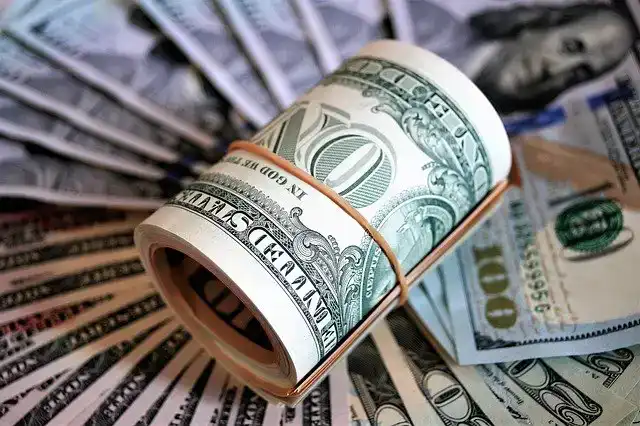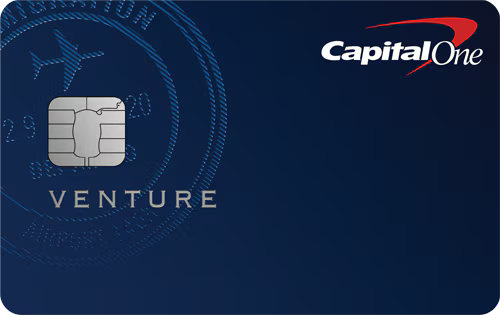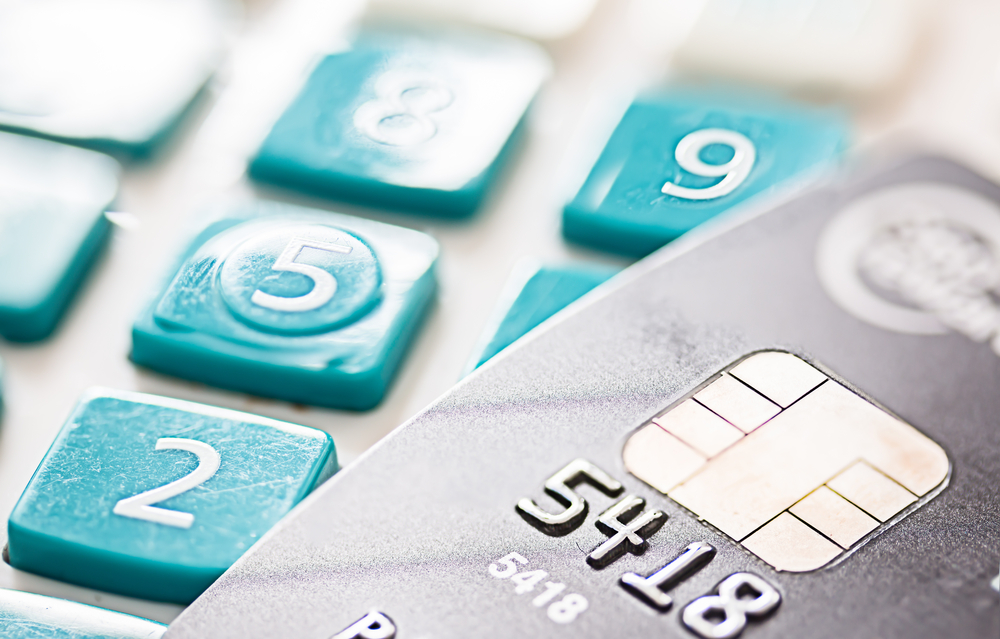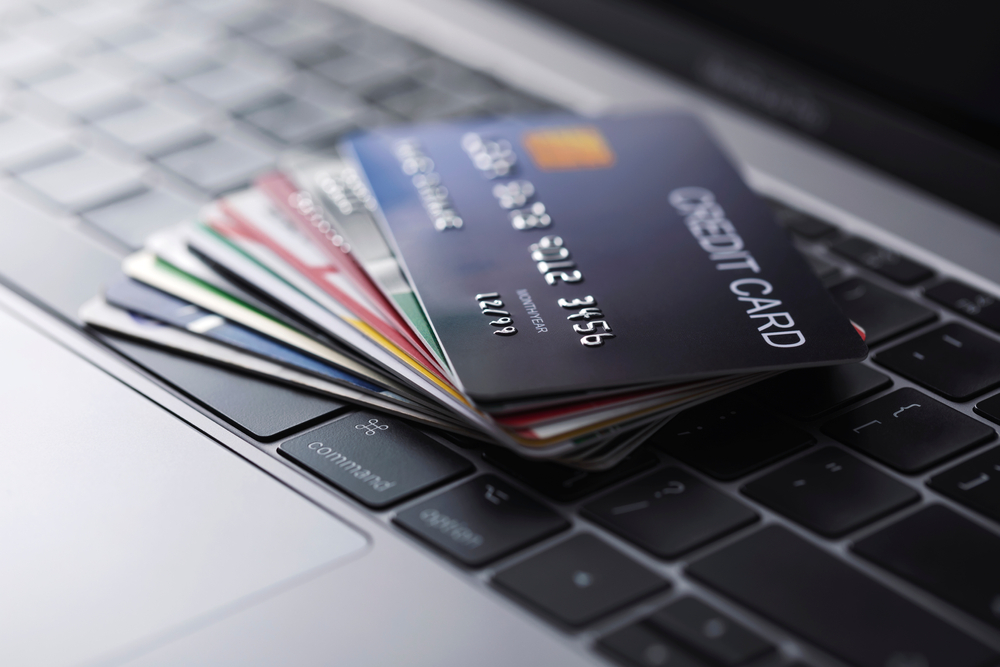1.5% Cash Back Calculator: Reward Estimator by Purchase Amount

Quick Overview
- Earning 1.5% cash back means you'll receive 1.5 cents back for every $1 spent, so if you spend $100, you’d get $1.50 in cash back.
- To calculate 1.5% cash back, multiply the purchase amount by 0.015. For example, 1.5% cash back on a $1,800 purchase is $1,800 x 0.015, which equals $27.
Use our 1.5% cash back calculator to quickly find out how much cash back you’ll earn on any dollar amount at a 1.5% rate.
What is 1.5% cash back?
"1.5% cash back" refers to a rewards rate where you earn 1.5 cents for every dollar you spend on eligible purchases. For example, if you spend $100, you would receive $1.50 back in cash rewards.
This type of cash back rate is common with many credit cards and rewards programs, allowing you to earn a percentage of your spending back as cash, which can typically be redeemed as statement credits, deposits, or other reward options.
It’s a straightforward way to get value from your purchases, as the cash back accumulates with every transaction, turning everyday spending into savings.
How do you calculate 1.5% cash back?
Calculating 1.5% cash back is straightforward: simply multiply your purchase amount by 0.015 to find the cash back earned.
For instance, if you make a purchase of $1,000, you’d multiply $1,000 by 0.015, resulting in $15 in cash back. This calculation applies to any purchase amount—just take the total and multiply by 0.015 to get the 1.5% cash back value.
Rakuten Rewards is a free cash back portal that lets you earn up to 10% cash back (or more) when shopping online. Stack your savings by combining Rakuten cash back with existing discounts and rewards from your favorite retailers.
It’s easy to sign up and use, making it a win-win for any online shopper!
1.5% cash back calculator
Use this 1.5% cash back calculator to quickly determine how much you'll earn based on any spend.
Calculator: How much is 1.5% cash back?
| Total Cash Back: | $1.50 |
|---|
1.5% cash back amounts
The table below lists the amounts for 1.5 cash back for several denominations.
| Dollar amount | 1.5% cash back |
|---|---|
| $100 | $1.50 |
| $200 | $3.00 |
| $300 | $4.50 |
| $400 | $6.00 |
| $500 | $7.50 |
| $600 | $9.00 |
| $700 | $10.50 |
| $800 | $12.00 |
| $900 | $13.50 |
| $1,000 | $15.00 |
| $1,500 | $22.50 |
| $2,000 | $30.00 |
| $3,000 | $45.00 |
| $4,000 | $60.00 |
| $5,000 | $75.00 |
| $10,000 | $150.00 |
| $20,000 | $300.00 |
| $50,000 | $750.00 |
| $100,000 | $1,500.00 |
| $150,000 | $2,250.00 |
What's the best 1.5% cash back card?
There are many 1.5% cash back credit cards in the market and while the overall return might be the same, there are cards that offer additional benefits that makes them better than others. This includes things like:
- Travel and purchase insurance
- Cell phone protection
- The ability to convert cash to other rewards
- Ways to earn bonus cash back
- Synergy with other credit cards in the program
These are all important and should be considered when choosing any kind of credit card, especially if you plan on maximizing your spend by having more than one rewards card.
Here are a few of our top picks for best 1.5% back credit cards from our partners:
- Chase Freedom Unlimited® - Earns bonus cash back on drugstore, dining, and Chase Travel purchases while earning a base of 1.5% cash back on all other purchases. No annual fee.
- Capital One Quicksilver Cash Rewards Credit Card - Earns 1.5% cash back on all purchases worldwide at no annual fee.
- Upgrade Cash Rewards Visa® Card - Doubles as a credit card and personal loan. Earn 1.5% cash back on purchases or borrow from your credit line at a fixed rate. No annual fee.
Are there cards that are better than 1.5% cash back?
There's a good handful of credit cards that earn more than 1.5% cash back, so why would you get a 1.5% cash back card when you know you can earn a higher rate with another card? The answer to that depends on many factors:
- How much do you plan on spending on the card?
- Do you like the issuer/bank and network the card is assigned to?
- Do you plan on using the card internationally?
- Does the card have useful benefits that you'll use?
You have to take all of this into consideration when selecting a credit card.
For example, I own the Citi® Double Cash Card which earns 2% cash back (1% on purchase and 1% when you pay off the purchase) and the Capital One Quicksilver Cash Rewards Credit Card which earns 1.5% cash back on all purchases. The reason I own both is based on my international travel.
The Citi Double Cash Card has a 3% foreign transaction fee which means that if I use the card outside of the States, I'll be charged a fee of 3 cents on the dollar. Since the card earns 2% back (which is 2 cents on the dollar), I would be technically losing rewards which is not good.
On the other hand, the Quicksilver Card has a 0% foreign transaction fee which means I can use the card internationally and not have to worry about a fee.
So basically, I use the Citi Double Cash for purchases in the U.S. to get up to 2% back on my purchases and I take the Capital One Quicksilver with me when I travel internationally to earn an easy 1.5% back on purchases.
We've run the calculations and checked them twice — here are the credit cards that consistently provide outstanding value to our users:
- Best flexible travel card: Capital One Venture Rewards Credit Card
- Best for high cash back: Blue Cash Preferred® Card from American Express
- Best for foodies: American Express® Gold Card
- Best for business travel rewards: Ink Business Preferred® Credit Card
- Best for heavy business spenders: Capital One Spark Cash Plus
Cash Back Calculators & Guides
-
1% Cash Back Calculator
Use this 1% cash back calculator to see how much you'll earn on any purchase. Instantly calculate one percent back on your spend — fast and easy. -
1.5% Cash Back Calculator
Estimate your 1.5% cash back with this interactive calculator. Quickly see how much one and a half percent of your spending earns in rewards. -
2% Cash Back Calculator
Instantly calculate 2% cash back on any purchase. Use this calculator to find out how much you earn with a 2 percent rewards rate. -
3% Cash Back Calculator
Use our 3% cash back calculator to determine how much you'll earn on any amount. Easily estimate three percent rewards on your purchases. -
4% Cash Back Calculator
Easily calculate 4% cash back on your purchases. Use this calculator to see how much four percent rewards add up to for any spend level. -
5% Cash Back Calculator
Use this interactive 5% cash back calculator to find out how much you’ll earn on any purchase amount. Instantly calculate your 5% rewards. -
10% Cash Back Calculator
Use this 10% cashback calculator to estimate how much you’ll earn from high-value offers or promos. Quickly calculate 10 percent of any purchase. -
Percent Off Calculator
Use this percent off calculator to determine the discounted price of any item. Calculate single or stacked percent-off deals with optional sales tax included.





























